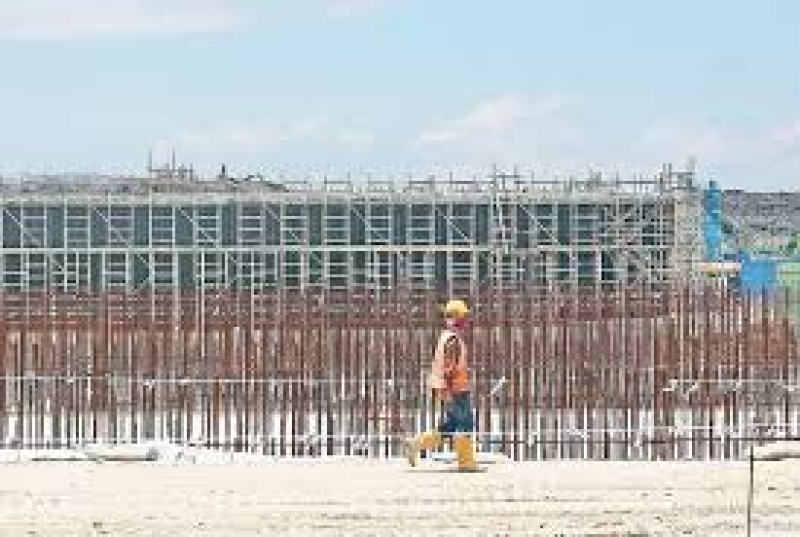- Irregularities, injustice will no longer be accepted in politics: Jamaat Ameer |
- 2 arrested in Jhenaidah for allegedly selling madrasa student |
- Koko’s wife campaigns for Tarique in Dhaka-17 |
- Bangladeshi Expats Cast 4.58 Lakh Postal Votes |
- IMF Forecasts Bangladesh GDP to Rebound to 4.7% in FY26 |
Ctg Wasa Launches Tk2,797cr Sewerage Project for Kattali

Chattogram Water Supply and Sewerage Authority (WASA) has initiated a Tk2,797 crore project to integrate the Kattali area into the city's central sewerage system. The project, set to serve 300,000 people by 2035 and 1.5 million by 2070, aims to improve sanitation and reduce wastewater pollution in the region.
The "North Kattali Catchment Sanitation Project" is the third phase of the city’s comprehensive sewerage master plan, which was developed in 2017 and divides Chattogram into six zones. The project, approved on February 2 by the Executive Committee of the National Economic Council (Ecnec), is scheduled for implementation from January 2025 to December 2029.
Key components include the construction of a 50,000-cubic-metre-per-day wastewater treatment plant at Halishahar, 98 km of sewer lines, and 8,100 household connections. Additionally, 797 sanitation facilities, such as hygienic latrines and communal septic tanks, will be developed in North Kattali's slum areas.
The French Development Agency (AFD) will provide Tk1,872 crore in loan assistance, with the remainder funded by the government and Chattogram Wasa.
Chattogram Wasa’s Chief Engineer, Maksud Alam, emphasized that the project will be built on Wasa’s own land in Halishahar, eliminating the need for land acquisition. The project is expected to begin within a year after finalizing designs and appointing a consulting firm.
This project is part of a broader initiative to address the city’s wastewater challenges. Chattogram generates nearly 40 crore litres of wastewater daily, which currently flows untreated into the Karnaphuli and Halda rivers, eventually reaching the Bay of Bengal. The city’s comprehensive Sanitation and Drainage Master Plan seeks to serve 8.9 million people by expanding the sewerage network over multiple phases.
Three other projects are already underway under the master plan. The first, with an estimated cost of Tk3,800 crore, is expected to cover 2 million people by 2026. The second, approved last year, will extend the sewer system to Kalurghat and Bakolia, with a budget of Tk5,152 crore. A third project, aimed at the Fatehabad Catchment, is also in the works.
Maksud Alam stressed the importance of a proper sewerage system to protect the Karnaphuli and Halda rivers, key sources of drinking water for the city, and ensure sustainable urban development.

